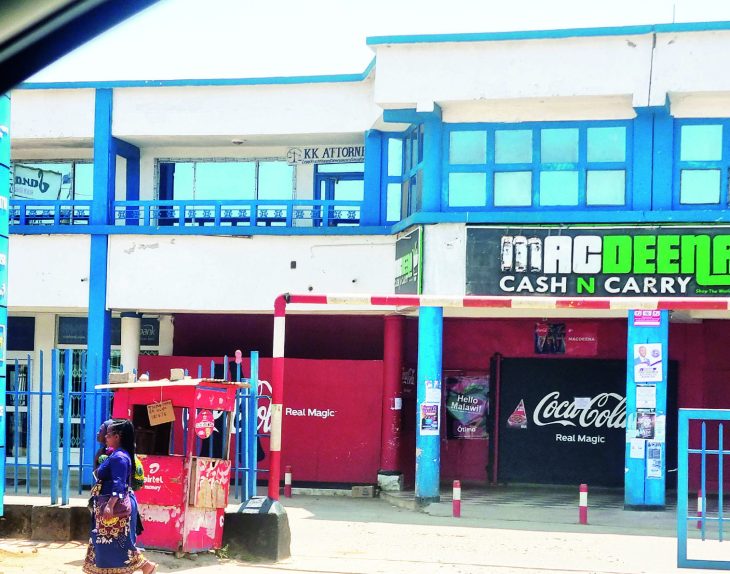
Election Day Economic Pulse: Navigating Opportunities and Challenges in Malawi’s Marketplace
Key Business Points
- Election Day impact: Businesses in major cities such as Blantyre, Lilongwe, Zomba, and Mzuzu experienced a significant 95 percent drop in activity due to the elections, resulting in substantial losses.
- Disrupted supply chains: The closure of wholesale and mega grocery shops may lead to short-term supply chain disruptions, affecting businesses that rely on these suppliers.
- Informal sector resilience: Hawkers and vendors in townships continued to operate as usual, demonstrating the resilience of the informal sector in Malawi’s economy, with phrases like "pitala" (doing business) still being relevant in these areas.
The recent elections in Malawi had a profound impact on the country’s business community, particularly in major cities. As voters went to the polls to choose their ward councillors, parliamentarians, and president, businesses suffered a significant decline in activity. According to a snap survey conducted by Times Business, the average drop in business activity was a staggering 95 percent. This decline was largely due to the closure of wholesale and mega grocery shops, which are essential suppliers for many businesses. The streets of Blantyre, Lilongwe, Zomba, and Mzuzu were largely deserted, with only a few individuals venturing out.
However, in a testament to the inder 수정 (persistence) of Malawian entrepreneurs, hawkers and vendors in townships continued to ply their trade as usual. This resilience of the informal sector is a characteristic of Malawi’s economy, where many businesses operate outside of the formal sector. Despite the challenges posed by the elections, these informal businesses found ways to kugwira ntchito (keep working) and serve their customers.
The short-term disruptions to supply chains may have a lasting impact on businesses that rely on these suppliers. As the country returns to normal, businesses will need to tithandize (be patient) and adapt to the new reality. The elections have also brought attention to the importance of upalume (planning) and preparedness for businesses in Malawi. By understanding the potential impacts of such events, businesses can better prepare themselves for future disruptions and minimize their losses.
As Malawi’s business community looks to the future, there are opportunities for growth and development. The elections have highlighted the need for kuzimwa (coordination) between the government and the private sector to support businesses during times of disruption. By working together, Malawi’s business community can kukhazikitsa (move forward) and drive economic growth in the country. With the right support and planning, businesses in Malawi can thrive and contribute to the country’s economic development.
What are your thoughts on this business development? Share your insights and remember to follow us on Facebook and Twitter for the latest Malawi business news and opportunities. Visit us daily for comprehensive coverage of Malawi’s business landscape.
- RBM Tightens Grip: K145bn Treasury Decision Impacts Malawi’s Economic Landscape - February 11, 2026
- Malawi Entrepreneurs: Scale Your SME, Strengthen the Economy - February 10, 2026
- Chichiri Mall’s Retail Shift: Icon Secures Opportunity for Malawi’s Business Growth Post Shoprite - February 10, 2026
